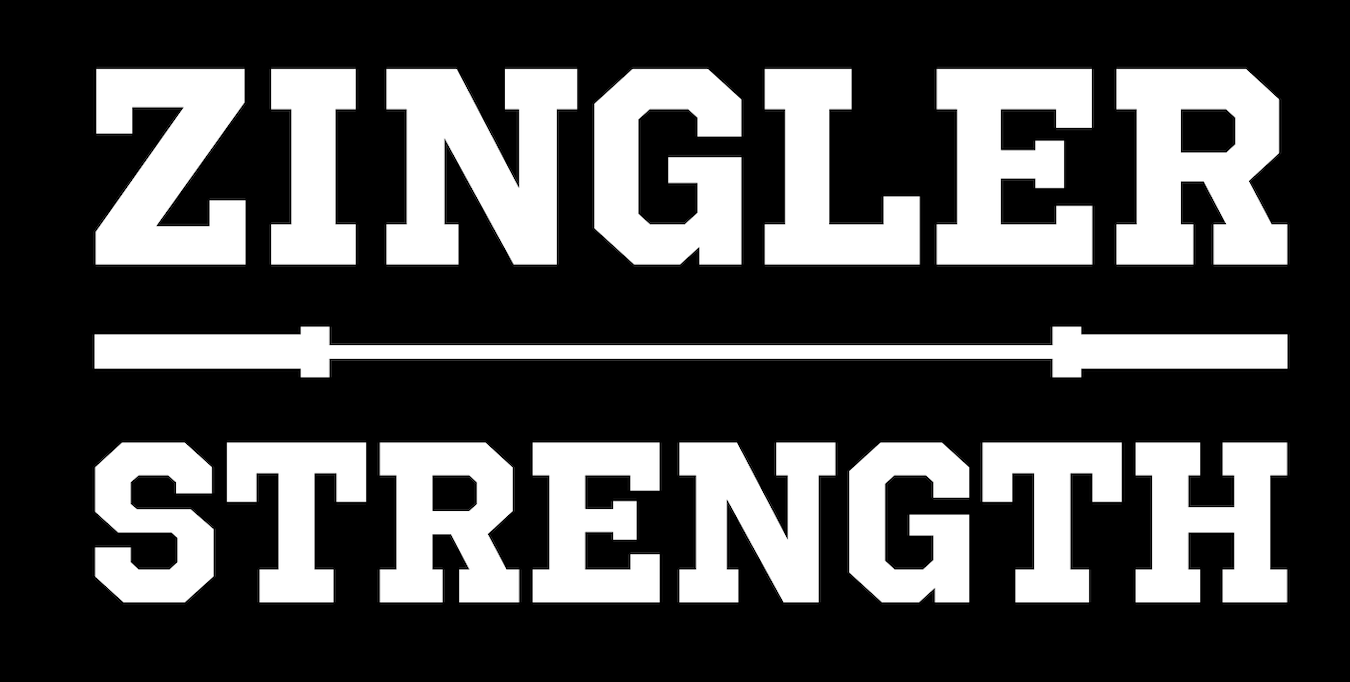Why Coaching Middle and High School Athletes Matters
Coaching athletes in the age demographic of 12-18 is not only rewarding, it is extremely important. During this critical stage of a kids’ life, a great coach can have a lasting positive impact that translates into other areas of a kids’ life. However, a poor coach can just as easily create a negative association with a sport that translates negatively into other areas of their lives such as lack of respect, accountability, and time management. If you’re coaching youth athletes and influencing them in a positive way in an effort to mold them into better people doesn’t rank at the top of your list, you don’t need to be coaching this age group.
We live in a world where 13-year-old baseball players are made to believe that they must play year round baseball, high school football players are conditioned to believe that life revolves around football 12 months a year, and lacrosse players assume that if they don’t go to every showcase under the sun, they will diminish their ability to be recruited. While I am all for doing your dead level best to maximize your potential at your given sport(s) and realize that some of the extras certainly have their place, to think that the only way to “make it” is to have your kids’ life revolve around their sport is bogus at best. The reason athletics are such a great teacher is because of the valuable life lessons each sport has the ability to teach. The problem arises when the narrative shifts from sport to full time job. Sadly a lot of coaches place emphasis on winning at all costs first and teaching second. This philosophy immediately creates a disconnect between the coach and athlete. The athlete is now viewed as a puzzle piece instead of a person.
The problem with the cookie cutter approach to coaching young athletes is that while you may be able to reach some, you certainly will not be able to reach all. Working predominantly with youth athletes, I have found that it’s most important to coach them between the ears first and their bodies second. I am not a psychologist, but I do understand that kids’ have different personalities, motivations, work ethics, and drives. Great coaches find ways to reach each individual in their own unique way. This not only validates the athlete, but also creates a respect and appreciation factor for the coach as the athlete recognizes that the coach cares for them. Once a kid is fully confident that their coach truly cares about them, more times than not they will do anything asked of them, while on the contrary if a kid knows their coach doesn’t care, and trust me, the kid will know, good luck getting the athlete to even look you in the eye.
Winning championships, trophies, and plaques are all great things, but what’s even greater is impacting youth athletes in a positive way, giving them something to take with them off the field. While there are plenty of great youth coaches out there, it’s unfortunate that many underestimate the importance of their platform. Coaching athletes in this age demographic has many depths, but the one consistent I have found to be true with most all youth athletes: Coach the person first, Coach the athlete second. This will not only build a bigger coach/player bond, but will give a kid a high level of confidence knowing that their coach will go to bat for them. Once you’ve built a kid’s confidence, he or she will not only apply it on the field, but will apply it to his or her life. That is when you as a COACH, will know that you’ve done your job.

